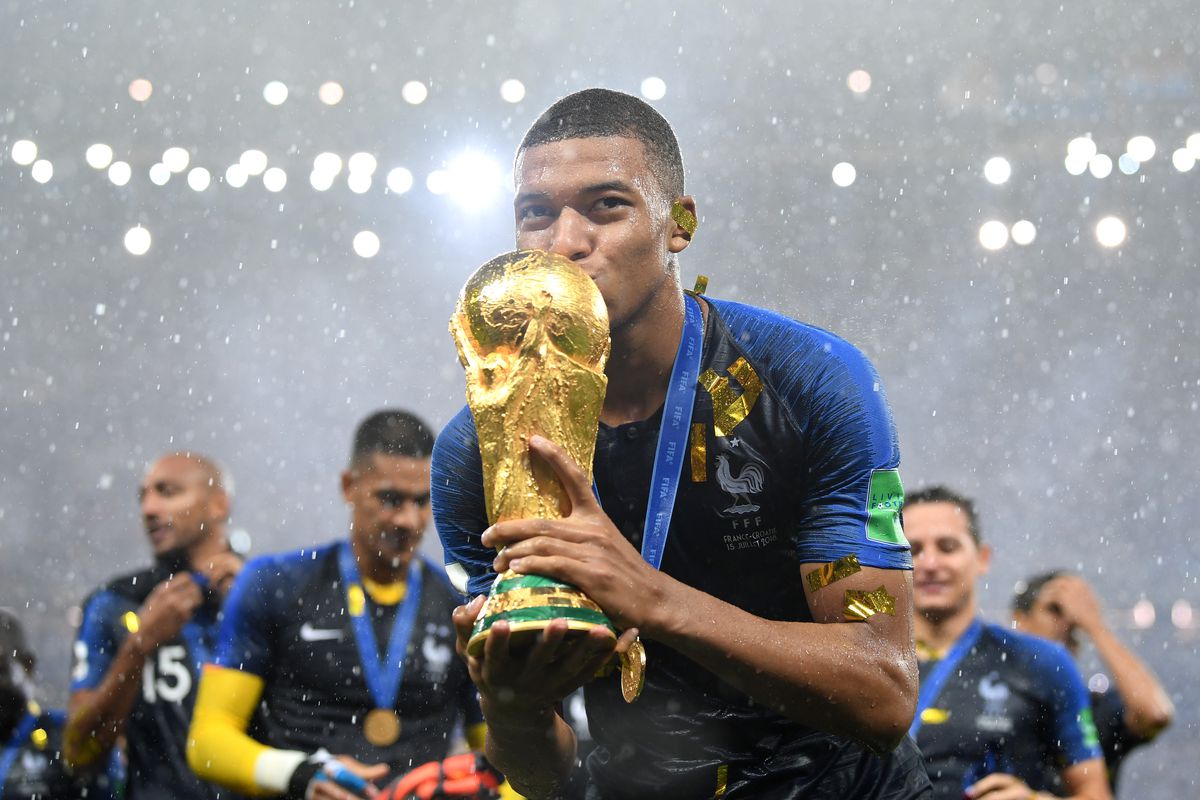Image Credit: [Getty Images]
Sports Editor James Felton argues that multiculturalism off the pitch leads to success on it.
Black History Month is both a time to celebrate the achievements of inspirational human beings, as well as realising how far, as a society, and as a sport, we still have to go. Nowhere do these twin ideas fit better than in the French World Cup victory of this year where they beat Croatia 4-2 in one of the most entertaining finals in recent memory.
Politically, France has been quite the divided nation, with many people voting for Marine Le Pen’s far right Front National, which has been recently rebranded as National Rally, in the last election, and others voting for Emmanuel Macron simply because he wasn’t her. And, although Macron was eventually elected President, there was a real fear that Le Pen would take her racism into the Élysée Palace. Previously, Le Pen had claimed that the French national side did not “represent” her country and that it was this diversity which was the root cause behind the dismal World Cup campaign in 2010.
Of course, it was obviously not the reason why France failed to get past the group stage in South Africa in 2010. A combination of bad management, team bust-ups and the retirement of many of the previous generation’s golden players led France to lose against both Mexico and Uruguay, knocking them out at the first hurdle. Since then, the French have gone on a renaissance, with many people stating that they now possess the best collective group of players in the world, including a lot of young, world-class talent, in all positions.
Despite this, many so-called patriots have complained about the make-up of the 2018 French World Cup winning squad. Indeed, many of the players were born in Africa, or have African roots, with the racists believing that this disqualifies them from being pure French nationals and thus unable to represent Les Bleus.
Samuel Umtiti and Steve Mandanda were born in Africa, whilst both parents of midfield maestros Paul Pogba and N’Golo Kanté, as well as superstar Kylian Mbappé are indeed African. These were three fundamental players for France’s victory and without the world-class triumvirate, France may not have won their second ever World Cup.
Indeed, this is not the first time the African heritage of French players has been seen as controversial, either. In the 1998 World Cup win, on French soil, there were complaints about Marcel Desailly, Patrick Viera and Zinedine Zidane, with all three players having African roots. The political history is not too dissimilar to recent events, either, with Marine Le Pen’s father, Jean-Marie, and then leader of the Front National, claiming that these superstars and winners were not real “French” people and thus calling into question the football team’s amazing achievements. Both victories, amidst the backlash from the Le Pens, makes France’s World Cup victories all the better, because it was a victory for diversity, multiculturalism and gave the middle finger to the racists. Real French national values.
Racism is still prevalent in football. Last week’s article in The Gryphon about the lack of black football managers is a case in point. However, it is vital that we celebrate, in Black History Month, both the success of black athletes/teams as well as those which are made up of various different backgrounds, reflecting wider societal differences. Diversity is a strength, not a weakness. The French national side’s two World Cup wins are an inspiring example of this.
James Felton

